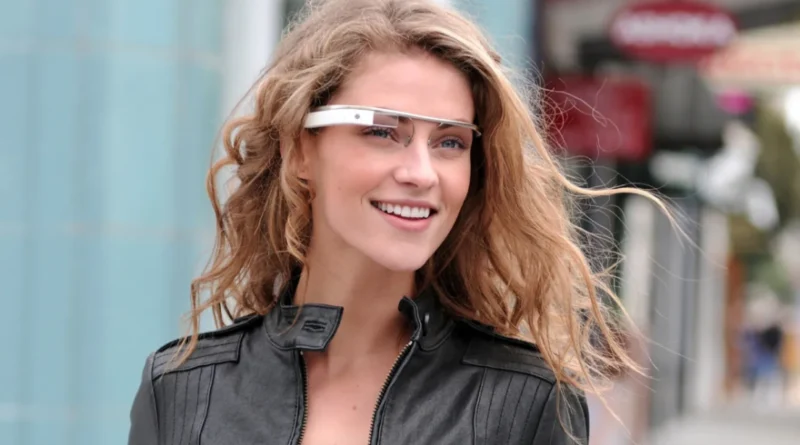Google Discontinues Google Glass, Meta Announces Further Cuts and Bitcoin Rallies
Charts return to the green despite the closing of an investment bank and federal closure of a Bitcoin mixer. The media rediscovers immersive entertainment, Meta lays off more staff, and Google discontinues Google Glass.
An Eye on the Markets
After a slump last week, major projects are back in the green, having seen sudden and rather steep gains around the middle of the week. Bitcoin and Ethereum have had their ups and downs since then, but seem relatively stable at the moment with Bitcoin up almost 20% on the week knocking on the door of $25k and Ethereum up over 10% on the week and sitting around $1.6k.
Many other projects are in the green, too, though less dramatically with Polygon and Solana both up over 10%.
An Eye on the Fed
The green lines in crypto are welcome if surprising. Silicon Valley Bank collapsed and was seized by regulators. The bank was heavily invested in the tech industry, reportedly including a number of crypto companies. Depositors were later ensured that they would not lose their funds, which could be why the news didn’t lead to red trends in coin markets.
This week, law enforcement officials from America and Germany worked together to close ChipMixer, seizing over 1,900 Bitcoin. Crypto mixing services batch multiple different transactions, making them more difficult to trace. As a result, the services are widely viewed as money laundering by regulators.
Immersive Entertainment
This was a big week for media awareness of immersive entertainment. Reuters reported on a virtual KPOP band, and a contestant introduced the American Idol judges to “the Metaverse” by performing for them in AltspaceVR in an episode that aired after the Oscars, but was apparently recorded before the platform closed down last week.
The Metaverse-heavy news cycle is particularly interesting because it comes at a time when many voices in the tech space are saying that the buzz around AI has drawn attention away from immersive technologies. It could be that the news media is still behind on that cycle or it could be that immersive technology has more cultural staying power than some are giving it credit for.
A Nuanced Critique
That said, Mark Zuckerberg — after heavily embracing the M-Word and arguably bringing it into common parlance — is one of those most accused of turning his back on the technology. Meta made another round of significant cuts this week. A release by Zuckerberg mentioned both the Metaverse and AI as future directions for Facebook, but focused on the cuts as making the company more lean.
Also this week, AdWeek reported that companies are shifting focus to XR as a way to more effectively allocate their marketing budget. This shortly after reports that Meta is exploring immersive advertising.
The End of an Era at Google
Google announced that it will no longer be selling the enterprise edition of Google Glass and support for existing models will end in September. Some readers may be surprised to hear that Google Glass was still operating at all. The product lived a short experimental life on the consumer market, but was adopted as a lightweight enterprise solution and has lived on in that market ever since.
While operating largely outside of the average person’s field-of-view, enterprise is a massive market for immersive technologies. A report released by Artillery Intelligence this week placed mobile AR ahead of VR in terms of revenue. That includes money from consumers playing AR games on mobile phones, but it also includes industry using AR glasses still outside of the price range and form factor for consumers.

